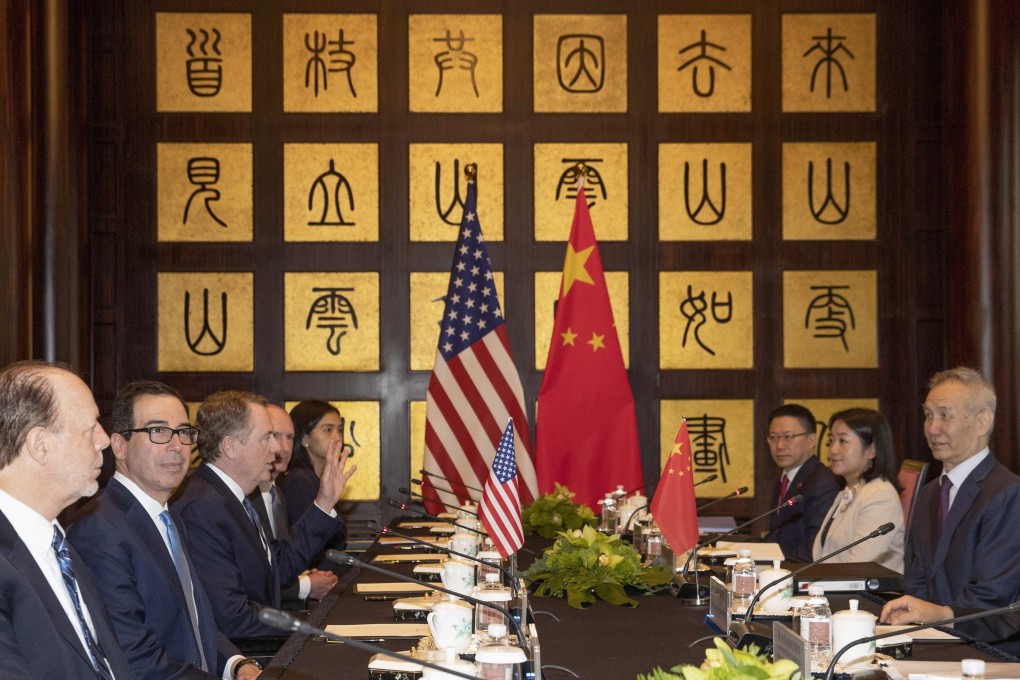Donald Trump’s new trade war tariffs seen as attempt to force China’s hand in US talks
- US president has threatened 10 per cent tariff on US$300 billion of Chinese goods from September 1, blaming Beijing for not buying American farm goods
- Trade watchers suggest tariffs are less about agriculture and more of an attempt to force China’s hand in negotiations which resumed in Shanghai this week

US president Donald Trump’s vow to unleash a new 10 per cent tariff on US$300 billion of Chinese goods as of September 1 may be less related to China’s failure to buy sufficient quantities of US agriculture products and more of an attempt to try to force China to make more concessions at the negotiating table, trade watchers suggested.
“I think he is trying to put increased pressure on the Chinese to reach a good deal. As we know, tariffs are his main tool. He is also trying to show how tough he is, which is very popular with his base,” said Orit Frenkel, executive director of the American Leadership Initiative, a Washington-based think tank, and a former director in the Office of the United States Trade Representative (USTR).
“First of all, it is not a guarantee that he will implement the tariffs – he has a history of threatening and then postponing or backing off. Secondly, one of his basic challenges is that he has asked China to make some concessions that it simply cannot make – like eliminating subsidies to its state-owned enterprises.”